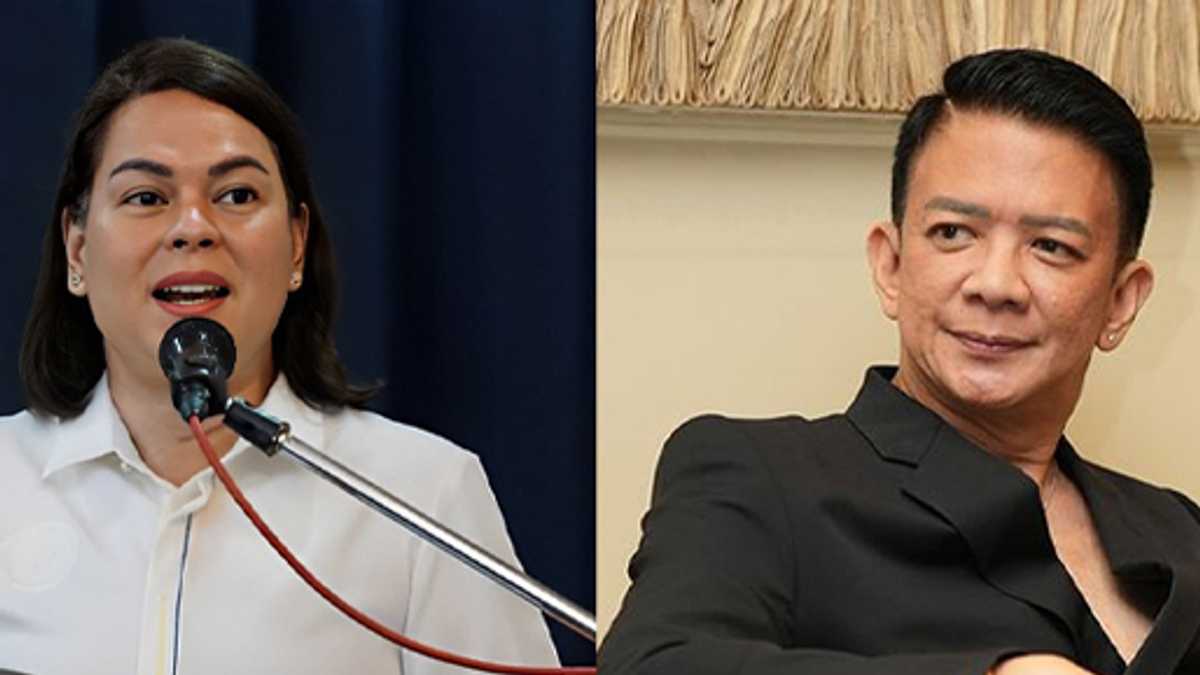Introduction
In the dynamic and often unpredictable landscape of Philippine politics, recent events have once again stirred public interest and sparked heated debates. Senator Rodante Marcoleta has publicly confronted fellow politicians, Senator Chiz Escudero and Vice President Sara Duterte, following revelations about undisclosed matters that many have referred to as “hidden secrets.” These developments have unfolded amid the presidency of Ferdinand “Bongbong” Marcos Jr. (PBBM), adding layers of complexity to an already intricate political environment.
This article delves deep into the background of the confrontation, the details surrounding the revelations, the responses from the involved parties, and what these political ripples might mean for the future of governance in the Philippines.
1. Background: The Key Political Figures
Before exploring the controversy, it’s important to understand who these key personalities are:
Senator Rodante Marcoleta is a well-known figure in the Philippine Senate, recognized for his outspoken views and active participation in legislative debates. He is often aligned with conservative and nationalist stances.
Senator Chiz Escudero is a seasoned politician with a lengthy career in public service, known for his moderate and sometimes conciliatory approach.
Vice President Sara Duterte, daughter of former President Rodrigo Duterte, wields significant influence in the political scene, blending populist rhetoric with a strong local governance background as the former Mayor of Davao City.
President Ferdinand “Bongbong” Marcos Jr. (PBBM), the current head of state, whose administration is closely watched for its policy directions and political alliances.
2. The Revelations: What Were the “Hidden Secrets”?
The controversy erupted after reports surfaced that some undisclosed information—allegedly involving both Escudero and Duterte—had been kept from public knowledge, raising questions about transparency and political accountability.
Though details remain partially confidential, sources hint at:
Potential undisclosed agreements or political arrangements.
Matters related to political appointments or legislative negotiations.
Issues that may affect policy-making or party alliances.
Marcoleta claimed that the revelations showed a lack of honesty towards the Filipino people and called for a full investigation.
3. Senator Marcoleta’s Public Statements
Senator Marcoleta did not hold back in his public statements. He accused Escudero and Duterte of:
Concealing facts from both their colleagues and constituents.
Engaging in backdoor dealings that undermine democratic processes.
Compromising political integrity for personal or party gain.
He stressed the importance of transparency, saying:
“The Filipino people deserve to know the truth. No more hiding behind closed doors. Accountability is not optional—it is a mandate.”
Marcoleta’s statements have energized his supporters and stirred calls for greater oversight.
4. Reactions from Chiz Escudero and VP Sara Duterte
Both Escudero and Duterte have responded to the allegations, albeit with measured tones.
Chiz Escudero acknowledged the concerns but denied any wrongdoing, stating that some information was withheld due to ongoing negotiations or security reasons, not deception.
Vice President Sara Duterte emphasized her commitment to public service and transparency, saying:
“I have always acted in the best interests of our people. Political discussions sometimes require discretion, but never at the expense of trust.”
Both have called for calm and due process while reiterating their support for the current administration.
5. The Role of President Bongbong Marcos (PBBM)
The presidency of PBBM forms the backdrop for this political drama. As the leader, his administration’s handling of internal disputes and calls for transparency will influence public perception and political stability.
Some analysts speculate:
PBBM may act as a mediator, encouraging dialogue and resolution.
The administration might tighten policies on transparency to rebuild trust.
Alternatively, factionalism within the ruling coalition could deepen if disputes escalate.
6. Political Implications and Public Opinion
The incident has sparked varied reactions from political commentators, civil society groups, and the public:
Some view the confrontation as a healthy sign of democratic accountability.
Others worry it could deepen political divisions at a critical time.
Civil society advocates stress the need for openness and reforms to avoid similar situations.
Public opinion polls, though preliminary, indicate a mixture of concern and calls for decisive action.
7. Historical Context: Political Disputes in the Philippines
Political disagreements are nothing new in the Philippines. From the People Power Revolution to more recent controversies, the country’s democracy has often been tested by disputes among leaders.
This latest event fits into a broader pattern of political intrigue, reminding Filipinos of the ongoing challenges in governance and the need for vigilant citizenship.
8. The Path Forward: What Can Be Done?
Experts suggest several steps to address the situation constructively:
Launching a transparent investigation to clarify the facts.
Encouraging open dialogue among political leaders.
Strengthening institutional checks and balances.
Engaging the public through informative campaigns on governance.
These measures could help restore confidence and guide the country toward more stable leadership.
Conclusion
Senator Rodante Marcoleta’s strong words toward Senator Chiz Escudero and Vice President Sara Duterte after the exposure of undisclosed information have spotlighted issues of transparency, accountability, and political ethics in the Philippines. The situation remains fluid, with all eyes on the government’s next moves under President Bongbong Marcos.
As the nation watches, the hope remains that these challenges will lead to positive reforms, strengthened democracy, and a renewed commitment to serving the Filipino people with honesty and integrity.
Further Reading
Political Accountability in the Philippines: History and Challenges
The Role of Transparency in Philippine Governance
Profiles of Key Philippine Political Figures in 2025
The Marcos Administration: Policy Directions and Controversies
The Dynamics of Political Alliances in the Philippines
